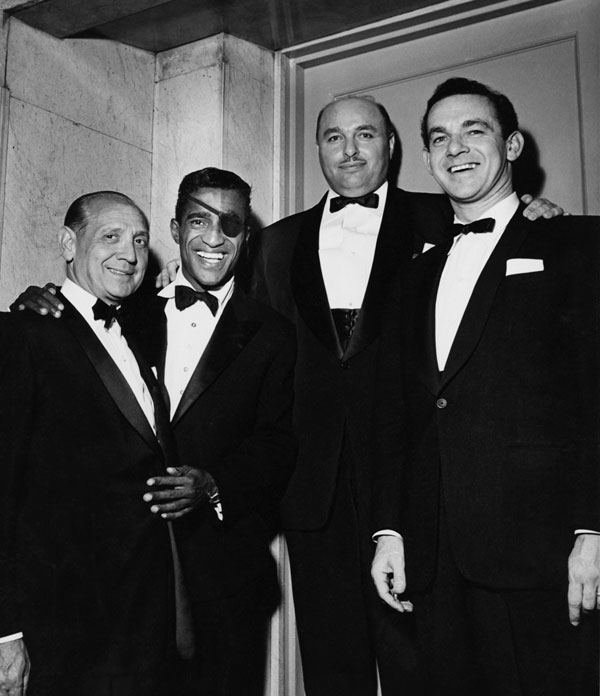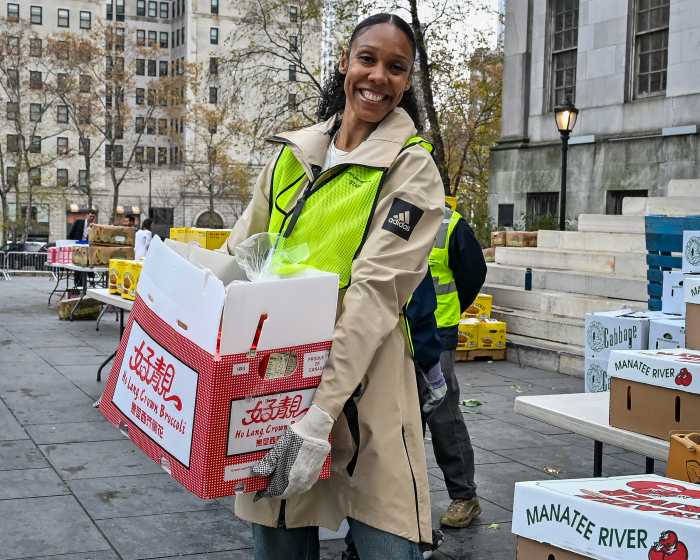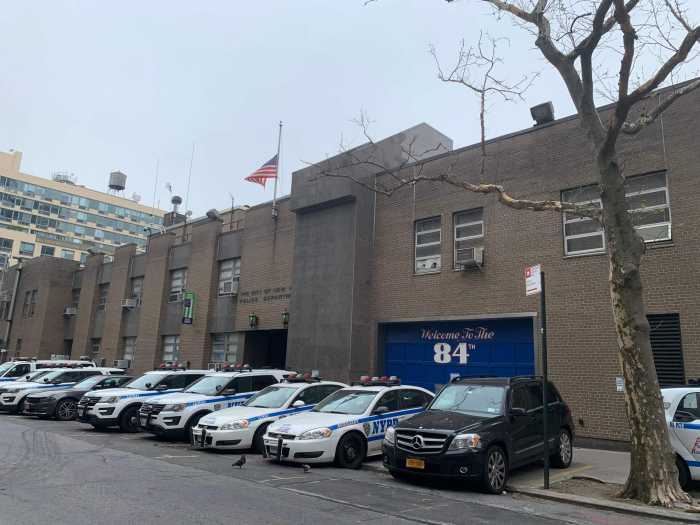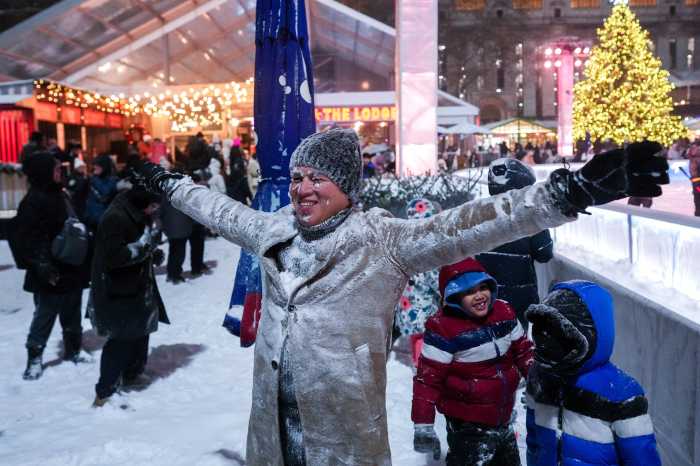These grapes Concord Brooklyn!
Those who sip Manischewitz wine — the sweet kosher wine that is a staple of the Seder table — are partaking in a local tradition. A food historian will reveal the Brooklyn origins of the Jewish vino at “Man-O-Manischewitz” at the Brooklyn Historical Society on April 12, and his personal history with the beverage.
“As a boy, I encountered Manischewitz at our annual Passover Seder. While the children could celebrate the special occasion by drinking Coke, the adults drank Manischewitz,” said Roger Horowitz, the author of “Kosher USA: How Coke Became Kosher and Other Tales of Modern Food.”
The wine began under a different name — the Monarch Wine Company started producing it during Prohibition, when sacramental wines were still legal, but could not be marketed or advertised, Horowitz said. But once the country’s dry spell was over, the Monarch wanted to set itself apart in the thriving new market for alcohol. So in 1934, it licensed a name from a company well-known within the Jewish community — the Manischewitz food company from Ohio, known for its kosher food products like matzo and noodles — but not wine.
“We can have the name on our wine, we will be recognized by Jews and they will trust us,” was the company’s reasoning, said Horowitz.
So in Sunset Park’s Bush Terminal — now known as Industry City — Monarch Wine Company began mass producing its concord-grape wine under the Manischewitz name in 1939, said Horowitz, and doing well with the city’s Jewish population.
“New York City is a great market for kosher wine,” said Horowitz.
Wine sales increased in the late 1940s, when the wine became popular among African-Americans, said Horowitz.
“During World War II, there’s a big migration of African-Americans to the north, and what starts to happen during the 1940s, they seek out Manischewitz wine, which starts to increase demand in ways that surprises the Monarch Wine Company,” he said.
Monarch jumped at the new market, advertising in African-American publications and hiring black celebrities to hawk the product. The most prominent figure to endorse Manischewitz was Sammy Davis, Jr. The comedian and singer recorded a series of catchy television commercials for the wine, said Horowitz.
By 1954, Manischewitz had quadrupled its production space and was manufacturing seven million gallons of wine per year, said Horowitz, finding an audience well beyond its Jewish origins.
But just like disco and shag carpeting, the supremely sweet wine struggled to make it out of the 1970s, said Horowitz.
“Concord grapes are difficult to make into wine because you have to use so much sugar — they’re not the best grapes to use for making wine,” he said. “American consumers start to shift away from sweet wine, and by the early 1980s, there are declining sales. Different generation, different taste.”
“Man-O-Manischewitz: Brooklyn’s Wine in a Kosher USA” at the Brooklyn Historical Society [128 Pierrepont St. at Clinton street in Brooklyn Heights. www.brook
























